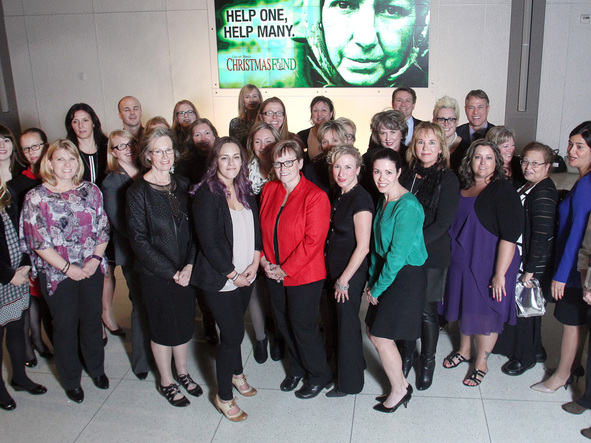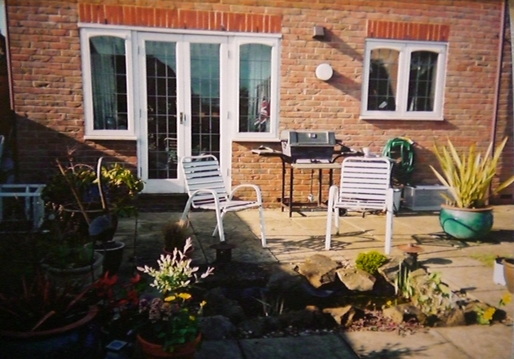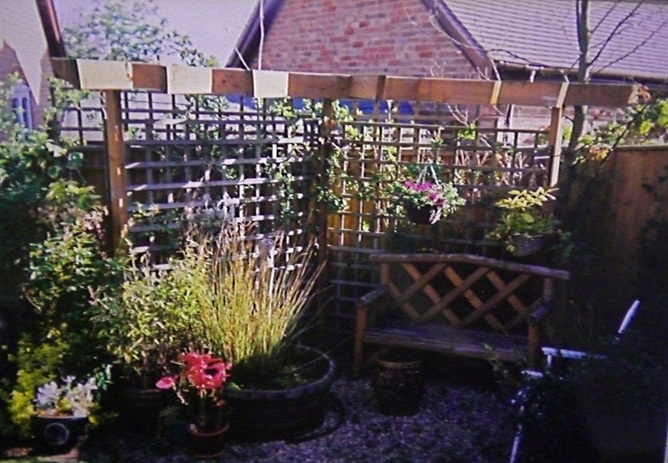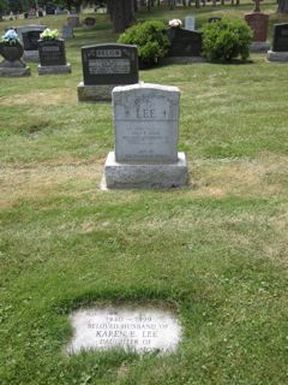‘Life is very short and there’s no time for fussing and fighting my friend . . .’ So sang The Beatles in We Can Work It Out. Not that this stopped them from fussing or fighting in the years after that song became a hit. Did they work it out? Well, they at least stopped long enough to notice how short life is and they shared some sense of the precious perspective with which we should all view our existence. You may not have all the answers, but you have enough to make today a good day.' Jonathan Cainer, Daily Mail, 3 May, 2016
Read more: http://www.dailymail.co.uk/news/article-3569684/Mail-astrologer-Jonathan-Cainer-dies-suspected-heart-attack-aged-58-poignant-final-forecast-read-not-long-make-moment.html#ixzz47ifDHyUV





 RSS Feed
RSS Feed